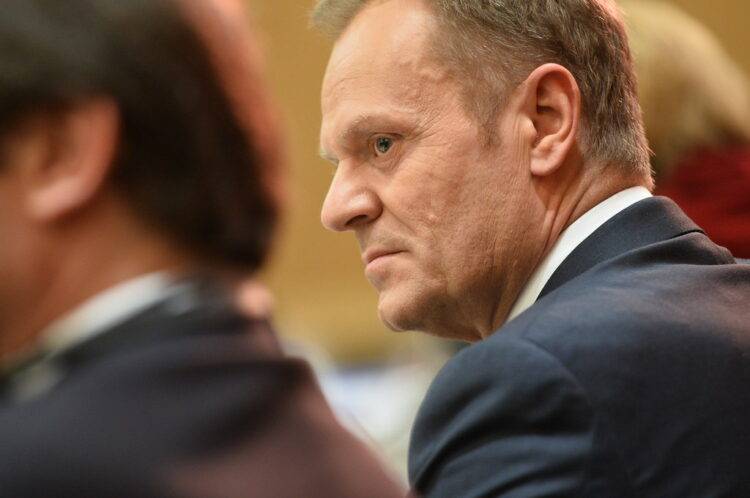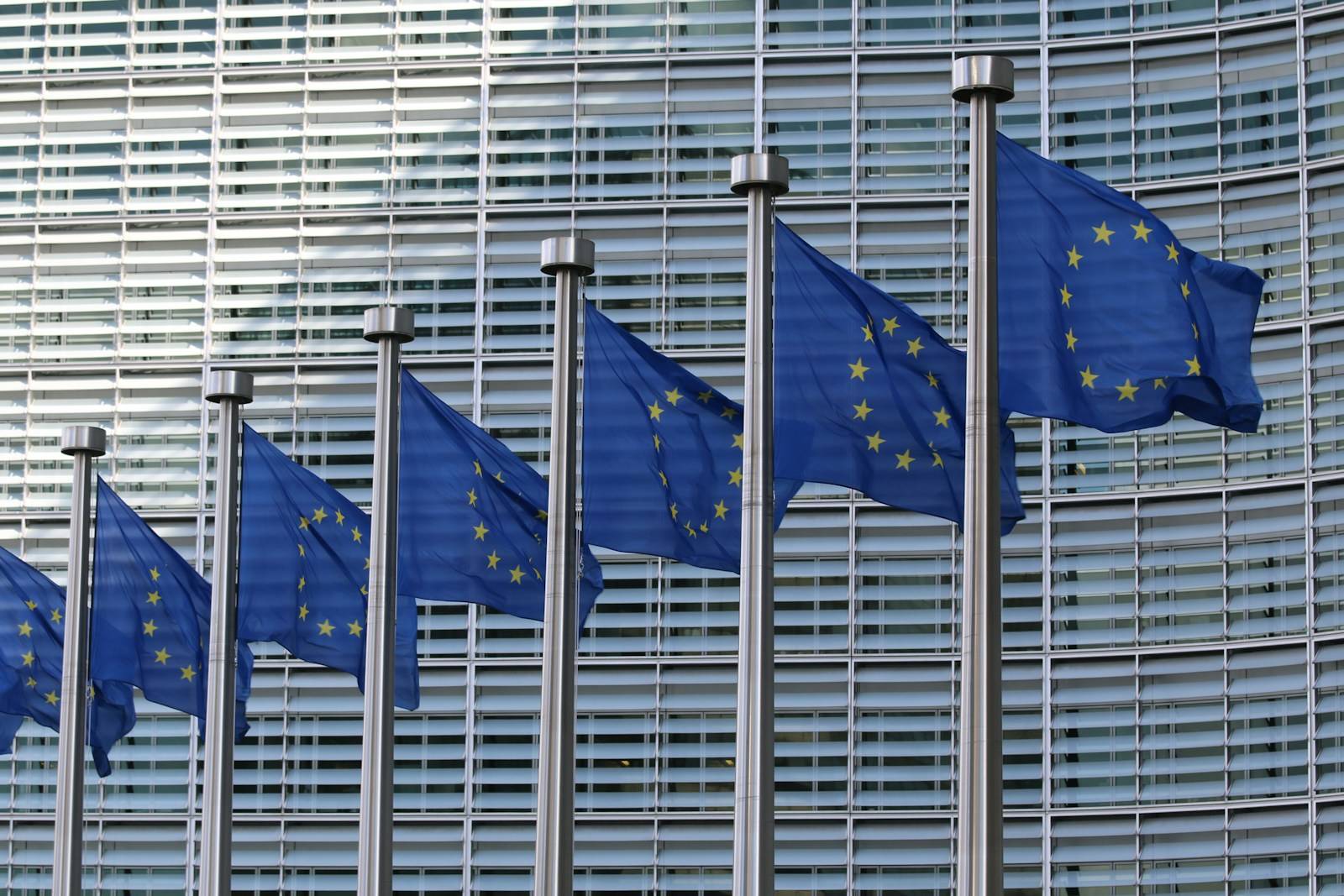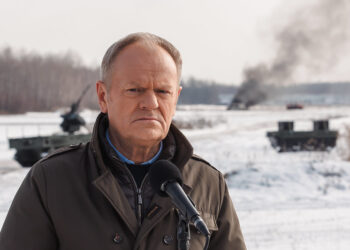Polish Prime Minister Donald Tusk has declared that the future of liberal democracy across the European Union (EU) depends on adopting more stringent migration policies. Ahead of an upcoming EU summit in Brussels, Tusk emphasized the critical role migration will play in shaping the political landscape, particularly as right-wing populists challenge the bloc’s liberal democratic values. “The future of Europe and Poland will be played out in this area,” Tusk stated, underscoring that border security is at the heart of this battle.
Tusk’s government is advancing a controversial proposal that seeks to suspend the right to asylum for irregular migrants arriving at Poland’s borders, particularly those facilitated by Belarus and Russia. Tusk has repeatedly defended the plan, framing it as essential to safeguarding the Polish border from what he claims is a hybrid warfare tactic orchestrated by Moscow and Minsk. Belarus and Russia have been accused by both Warsaw and Brussels of intentionally directing migrants from the Middle East and Africa to the EU’s eastern borders, a charge both nations deny.
However, the proposal has sparked political tension within Poland, with President Andrzej Duda condemning it as a “fatal mistake.” Duda warned that the policy could prevent persecuted individuals from Russia and Belarus from seeking refuge in Poland. “You are trying to deprive those whom Putin and Lukashenko imprison of a safe haven,” Duda remarked during a parliamentary address, referring to dissidents fleeing the two regimes.
Despite this criticism, Tusk argued that the president’s concerns are unfounded, stressing that the policy targets only migrants deliberately sent by Belarusian authorities to destabilize Poland’s borders. “Nobody is talking about violating human rights or the right to asylum,” Tusk said, clarifying that the suspension would apply only to migrants crossing the border illegally in organized groups.
The migration debate is not unique to Poland. Other EU countries, including Germany and Italy, have adopted more restrictive policies amid rising migration numbers. In Italy, a controversial program has begun, with the first group of migrants being processed in Albania, part of an agreement aimed at curbing irregular arrivals. This has sparked criticism from human rights groups, but Italian authorities defend the measure as necessary to address the ongoing migrant crisis.
You may also be interested in
Muslim Prayer Centre Plan in Kraków Housing Estate Sparks Local Backlash and Political Uproar
A plan by an Islamic foundation to open a Muslim prayer and community center inside a residential block in Kraków…
Poland Steps Into Inner Circle of EU Decision-Makers With ‘Big Six’ Role
Poland has joined a new inner circle of the European Union’s biggest economies, a move hailed in Warsaw as a…
Migration is also expected to be a significant issue in Poland’s upcoming 2025 presidential election. Since 2021, the country has been dealing with a migrant crisis along its border with Belarus, leading to heightened tensions both domestically and across the EU. Tusk’s five-year border security plan has become a focal point in this wider debate, positioning migration as a litmus test for Europe’s future political trajectory.
As EU leaders convene in Brussels, the bloc faces increasing pressure to solidify its stance on migration. European Commission President Ursula von der Leyen has described the situation as a “weaponization” of people by Russia and Belarus, urging member states to adopt a unified and decisive approach. Although the EU’s new Migration Pact was agreed upon earlier this year, its full implementation is not expected until 2026, leaving temporary measures like Poland’s asylum suspension plan at the center of political contention.




















